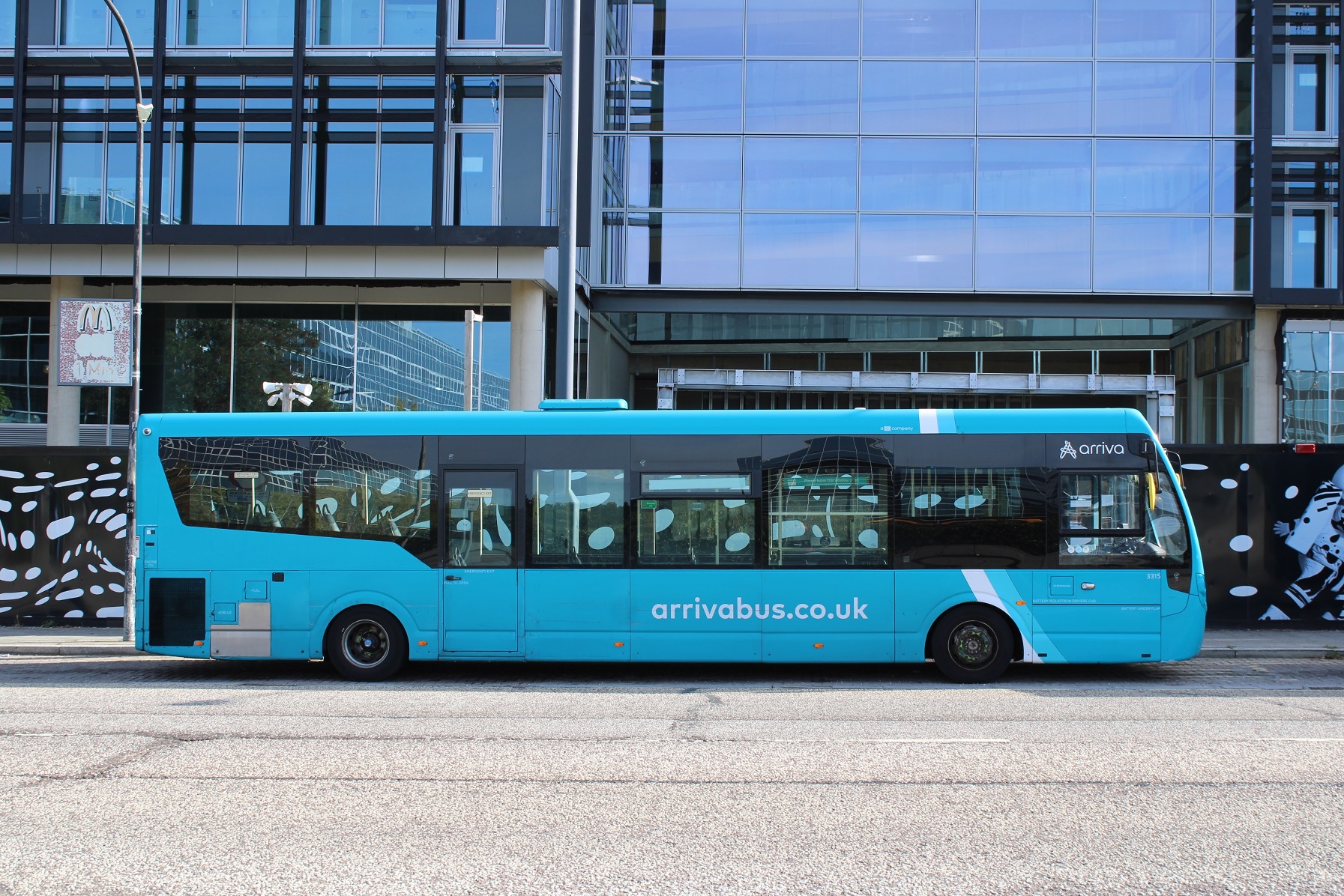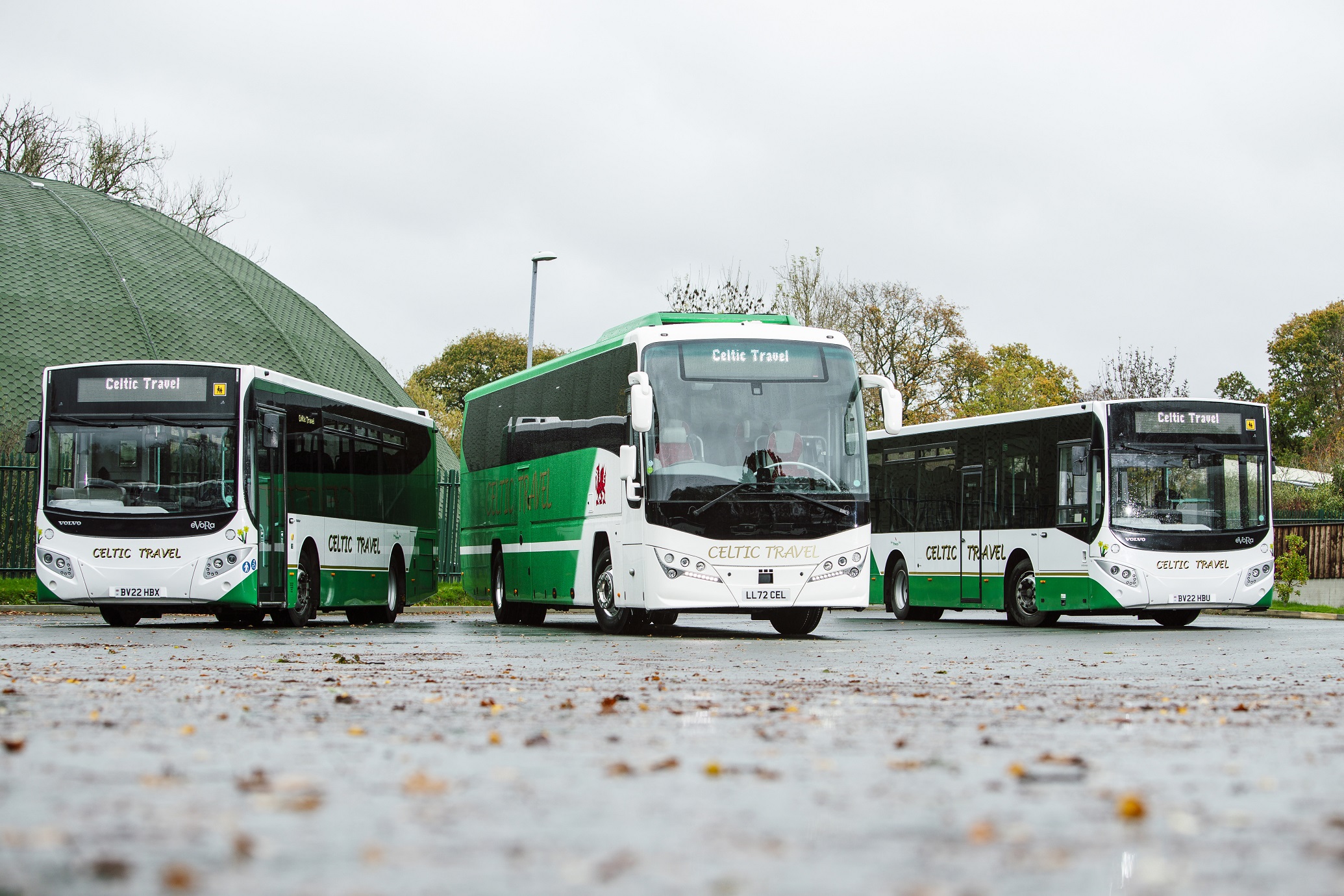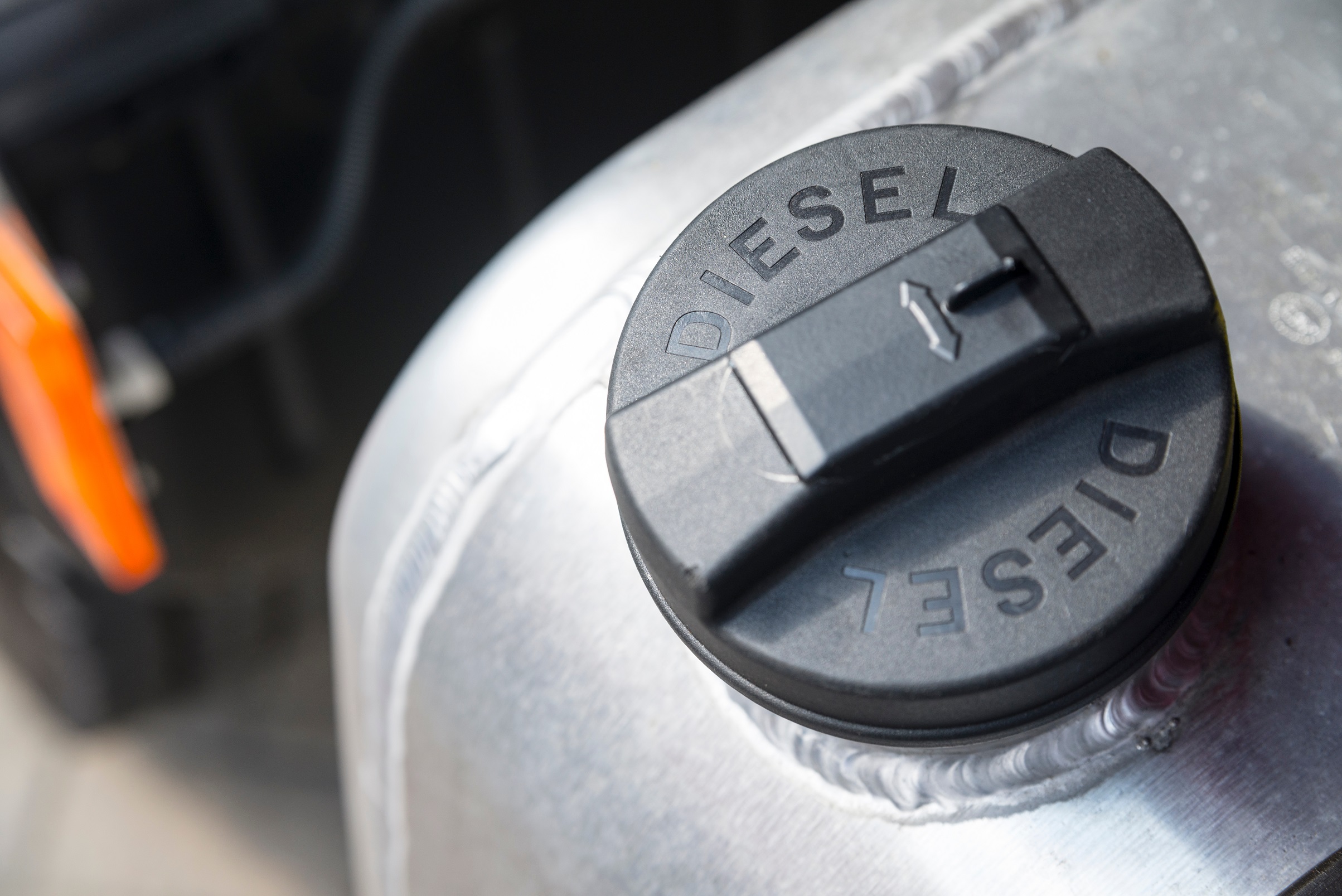Arriva has withdrawn from funded Zero Emission Bus Regional Areas (ZEBRA) work in Milton Keynes. It was planned to have seen 56 battery-electric buses join the group’s fleet in the city.
No other operators form part of the Milton Keynes project. The bid, led by Milton Keynes City Council (MKCC), was one of five that were funded via ZEBRA’s fast-track mechanism.
Arriva says that the work had “several challenges and complexities in its structure.” The operator adds that it had remained “open and transparent” with MKCC around those difficulties, and that while it has “worked tirelessly to find a sustainable solution, this regrettably has not been possible.”
Councillors in Milton Keynes have criticised the operator’s withdrawal, with one saying that it has led to “a major waste of council and government time and resources.” Arriva adds that while it shares such disappointment, “with the current economic uncertainties and escalating operational costs it would be irresponsible for us to continue with the bid at this time.”
The operator remains “committed to Milton Keynes and working in partnership with the council to serve passengers in the local community” and to the decarbonisation agenda, it adds in a statement.
Material published by MKCC ahead of a Cabinet meeting on 1 November noted that the ZEBRA project was at that time “being progressed,” but that there were “a number of commercial issues to be resolved before the grant can be awarded and the new electric buses are commissioned.” It notes that the priority at that time was “to agree the cost of electricity from Amey at [Milton Keynes Waste Recovery Park] to Arriva.”
According to the document, the expected release of DfT funding was December, an order for buses was planned for January 2023 and the first vehicles were due into operation in June 2023. MKCC has confirmed that none of its allocated ZEBRA funding had been released by DfT.
On the fate of that money, DfT says that it is “working closely with Milton Keynes City Council and the operator to understand their position and will make any decisions on funding shortly.”
In its ZEBRA business case, MKCC said that it brought forward “a new approach to delivering… city scale zero carbon bus operation” using “an innovative commercial approach backed by advanced battery technology” that was tailored to operating conditions in Milton Keynes.
The project was to be delivered by a consortium utilising an enabling company to purchase and own the planned 56 battery-electric buses and associated infrastructure. Those vehicles and associated equipment would then be leased to Arriva for 15 years. Terms around that had been agreed by the operator “in principle” at the time of the business case’s submission, and it had supplied a letter of support.



























